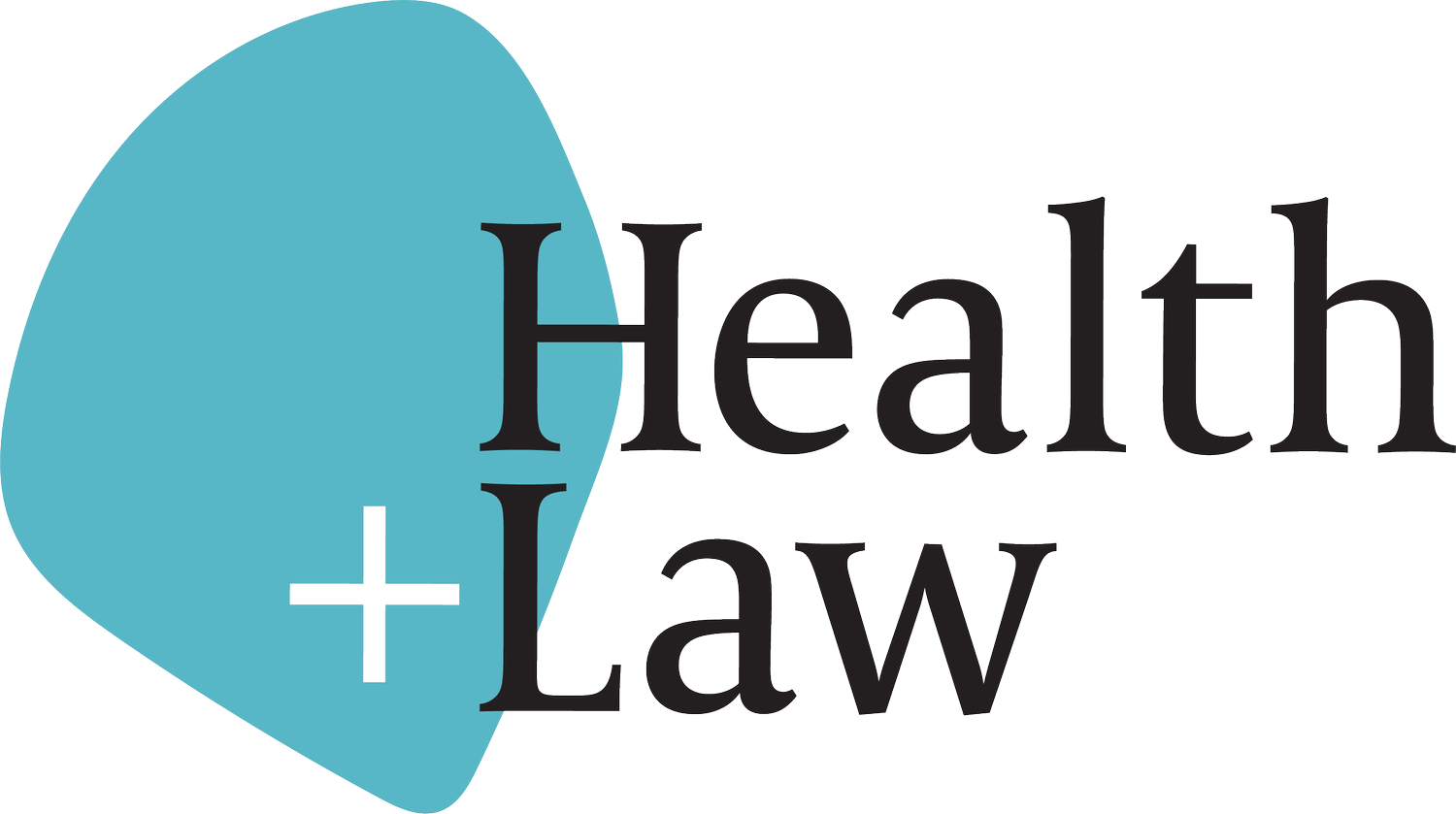Groundbreaking Research Shows Significant Legal Challenges Affect People Living with Hepatitis B and HIV in Australia
Health+Law will soon launch the findings from our flagship project, LeNS, a national study of the legal experiences of people living with hepatitis B and people living with HIV. LeNS is the first study of its kind in Australia to comprehensively explore how people in those communities experience the law in their everyday lives.
It has long been acknowledged that the law and legal systems impact the health and wellbeing of people living with blood-borne viruses, but until now we have lacked a detailed understanding of the nature and extent of these impacts. We know, for example, that migration law is a significant source of legal challenges for people living with both HIV and hepatitis B in Australia, but what other areas of law impact their lives and potentially act as obstacles to good health, wellbeing and full social participation? Are there certain specific areas of law – say, family law or workplace and industrial relations law – in which a high proportion of issues occur and that we need to pay more attention to? While the importance of an ‘enabling legal environment’ is signalled in both the current national hepatitis B and HIV strategies, it has been more than three decades since the last major national review of the legal environment surrounding HIV, and the legal experiences of people living with hepatitis B have never been the focus of dedicated national research.
Drawing methods and approaches from cutting-edge legal needs research, including the Victoria Law Foundation’s groundbreaking Public Understanding of the Law (PULS), LeNS has focused on counting the number and nature of legal problems face by people living with HIV and hepatitis B, and drilling into the impacts of those problems. In particular, we aimed to better understand how the current legal environment helps or hinders access to testing, treatment, monitoring and ongoing engagement in care. To do this, LeNS was developed around two linked questions:
How do people living with HIV and hepatitis B experience and respond to the law in everyday life?
How does the law impact their health and wellbeing, both in relation to living with HIV or hepatitis B and more generally?
In-depth interviews were conducted with 91 PLHIV and 46 PLHBV, including three people with coinfection. The participants in these interviews were all people who have migrated to Australia or were non-citizens – who are a key group within the broader population of people affected by blood-borne viruses in Australia. A further 1000 people living with HIV and hepatitis B participated in a national online survey. Although their methods were different, both the interviews and survey were designed to identify unmet legal needs, the ways in which people access legal services and information, and how these legal experiences affected their health and wellbeing, including in potentially harmful ways.
Preliminary survey results show that both people living with hepatitis B and HIV face legal – or ‘justiciable’ – issues spanning multiple areas of law. For people living with hepatitis B, legal challenges occur in areas as diverse as professional services and goods, including health services, employment, debt, housing, government services and state intervention linked to hepatitis B status. The profile of legal challenges was similar for people living with HIV.
Interviews with both migrants and non-citizens elaborate many of these legal challenges in detail, placing them within the complex tapestry of life, relationships, work and health. Often, these legal situations introduced specific complications for people in their ability to manage their HIV or hepatitis B, including maintaining uninterrupted health care and treatment.
While the results from LeNS are stark, our aim is that they will be used to shape more comprehensive legal information, services and resources for affected communities, and to inform clear, evidence-based recommendations to policymakers and government on how to improve the legal environment. Some of these legal problems are severe, but we hope that understanding their occurrence and patterning will lead to systemic, legal, service and policy reforms that improve people’s lives.
We are deeply indebted to the people and organisations who helped us recruit interview participants and supported them to connect with us and share their experiences safely. And we remain sincerely grateful to every affected person who generously shared their time and experiences with us.
We are currently in the final drafting stages of the LeNS national reports. To get these delivered directly to your inbox and to stay updated on launch events and webinars, sign up for the Health+Law newsletter here.


